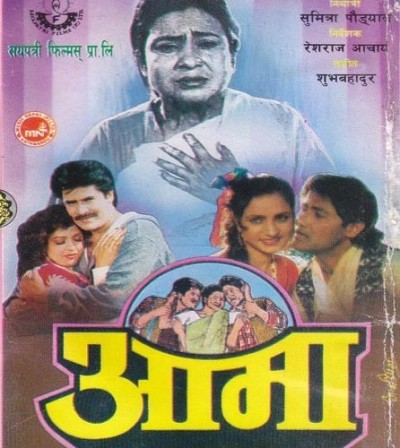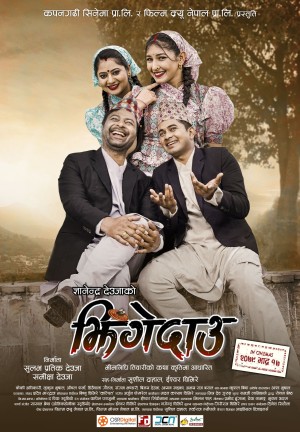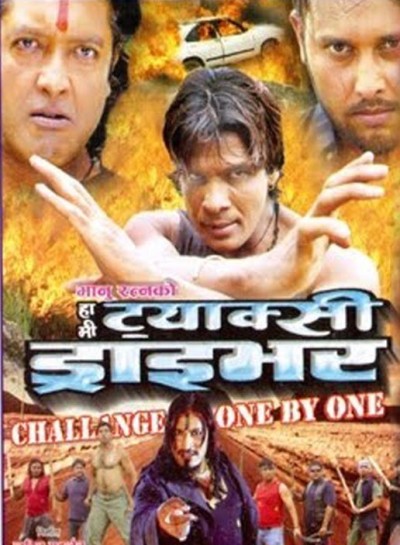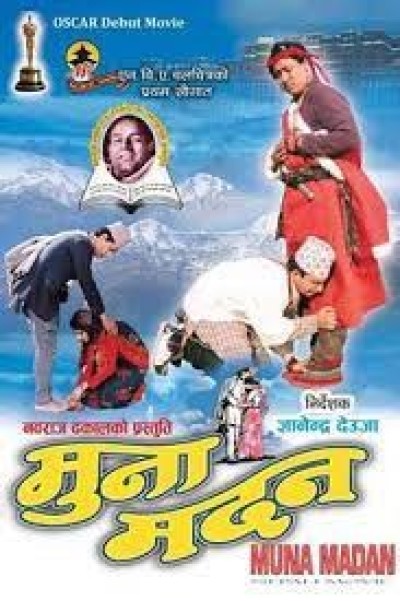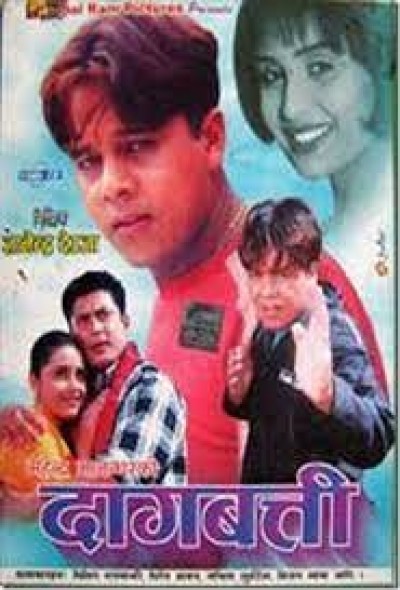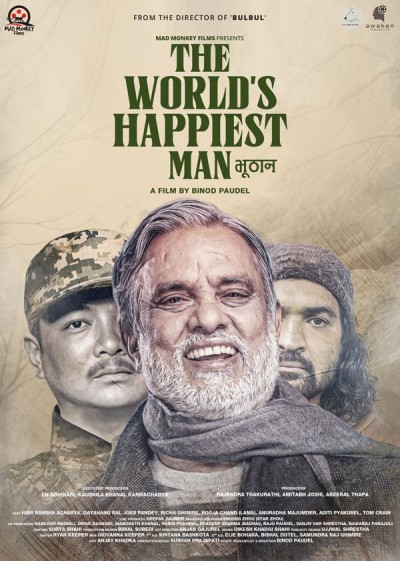Something Wrong?
Gyanendra Deuja is a Nepali film director and screenwriter. Born on May 5, 1967, he directed his first movie, Rakshak, in 1997. This film was notable for featuring the first underwater action scene in a Nepali movie. Gyanendra Deuja continued to add novelty to each of his subsequent films. One of his notable works is Muna Madan, based on the long poem of the same name by Laxmi Prasad Devkota. Muna Madan was Nepal’s submission for Best Foreign Language Film at the 2004 Oscars. As of May 2016, he was working on his latest film, Buddha - Born in Nepal, which tells the story of a struggling Nepali student in America.
Gyanendra Deuja was born in Kapan, Nepal. He is the youngest of Mr. Dev Bahadur Deuja and Late Mrs. Kanchhi Deuja’s four children. Apart from his career as a screenwriter and director, he is also a professional banker, having been the deputy Director of Nepal Rastra Bank since 1988. During his undergraduate years, he worked in the theater called Aarohan (now known as Gurukul), where he got acquainted with senior actors and directors. His journey in the entertainment industry began with minor roles and production assistant work for Nepal Television. He later worked as a chief assistant director in tele-serials and feature films, collaborating with senior director Resh Raj Acharya.
Gyanendra Deuja’s films often address contemporary social issues. His directorial ventures include Rakshak, Gorkhali, Dagbatti, and the critically acclaimed Muna Madan. The latter was based on an epic love poem by the renowned poet Lakshmi Prasad Devkota. Despite facing controversy for depicting Maoist issues during the Maoist insurgency, Deuja’s innovative experiments in filmmaking have left a lasting impact on Nepali cinema.



